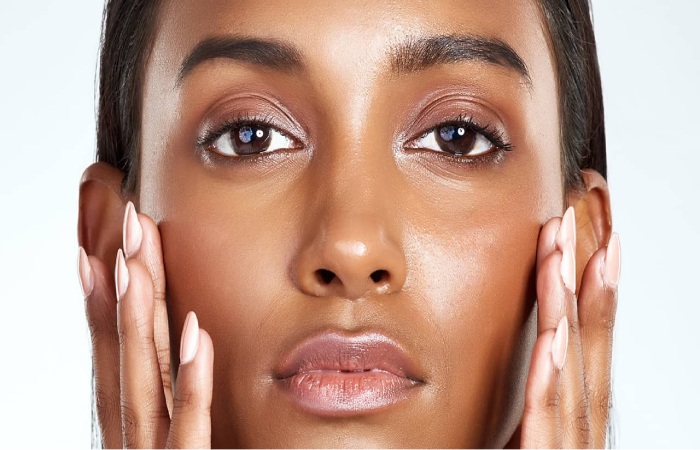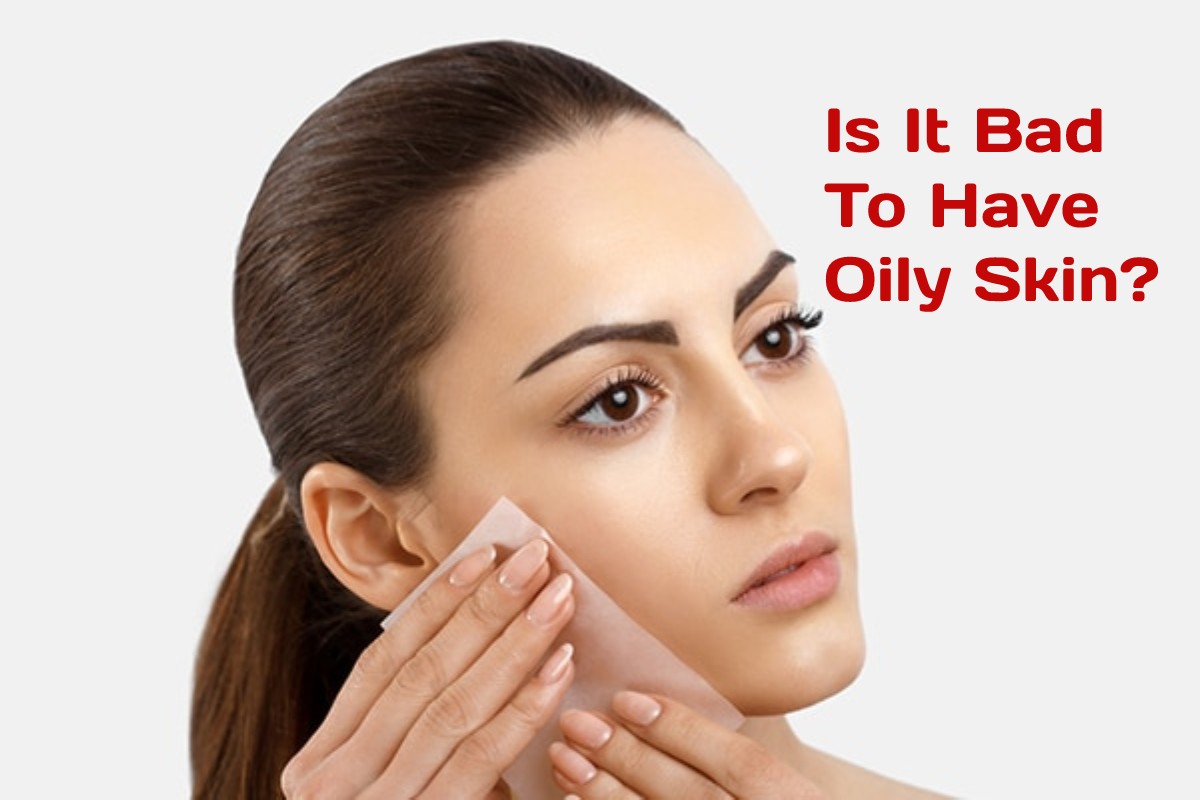While oily skin can clog pores and lead to more frequent breakouts, oily skin has many benefits. The oil protects the skin, and people with oily tend to have thicker skin and fewer wrinkles. The key is to balance excess fat and maintain the skin’s natural moisture.
Table of Contents
Oily Skin
Oily skin is often seen as a problem that needs to resolve. But while excessive oil production can lead to problems, like acne or having a hard time keeping makeup in place, there’s nothing inherently “wrong” with having this type of complexion. The oil helps keep skin healthy.
“Our skin is a fence to the outside world and helps maintain hydration levels and protects us from infections, bacteria, and viruses,” says Ivy Lee, MD, a board-certified dermatologist in Pasadena, California. Plus, a sebum pack with free radical-fighting vitamin E prevents the types of environmental damage that cause skin ageing. Also, people with oily skin tend to have fewer wrinkles as they age.
Sebaceous (also known as oil) glands are natural; their activity varies from person to person, so some people’s skin is oilier than others. Except your oily skin is bothering you (for example, causing painful pimples), there’s no medical reason to try to quell it. And while it’s okay to want to curb oil production (for example, to keep makeup in place), if you overdry your skin with goods like styptics and cleansers, it won’t be able to purpose optimally and may even give you the reverse effect Of what you want.
When Oily Skin is Problematic
1. You are getting unwanted pimples
Overrun of oil is a link to acne. Pimples often form when oil gets trapped under dirt, grime, or dead skin cells. Consequently, if your skin is oily and you have acne, one way to control it is to cut down on oil.
2. Your makeup won’t stay put
If you’ve always used a cleansing balm, you know how effective oil is at breach down makeup. If you have oily skin, your makeup may not break on all day if you even get it to stick in the first place. You may feel that your skin prevents the makeup, and if it sticks, it’s uneven.
3. You’re not a fan of shimmer
Having oily skin means that you tend to look shiny. Let’s say you’re “someone who’s a little oilier and feels like they have that glow throughout the day,” says Dr Lee. “Some people like that shine, some people don’t.”
How to Manage Oily Skin

1. Work with your hormones
The glands that make oil and sebum have hormone receptors. So “increased sebum production, or oil manufacture, is usually due to hormones,” says Elizabeth Kream, MD, a dermatologist in New York City. “Many times, if somebody comes to us for adult acne treatment, we may prescribe spironolactone, which you take by mouth with antigenic properties, meaning it helps reduce bad estrogen and testosterone that cause acne.”
So if you poverty a non-hormonal option, you can try additions like DIM or diindolylmethane. It is derived from broccoli, kale, and cauliflower and has been given away to have anti-androgenetic properties. “That anti-androgenetic property will help decrease that hormonal component that drives oil production,” says Dr Kream.
2. Use skin care products that decrease oil production
One way to slow down oil manufacture is to reduce skin inflammation with ingredients like retinoids and niacinamide. “Stress hormones increase oil production in the skin, so decreasing inflammation makes the skin less oily,” says Shirley Chi, MD, a board-certified skin doctor in Southern California.
Conclusion
Although sleek skin can stop pores and lead to expanded skin inflammation breakouts, slick skin has many advantages. Therefore oil helps protect the skin, and intelligent individuals often have thicker skin and fewer kinks. The key is to find harmony between having much oil and keeping up with your skin’s regular dampness.
Also Read: Best Night Serums

